British Columbia lost 2,357 residents in Q1 2025 and Ontario shed 5,644, which Statistics Canada calls “the largest quarterly loss since records began in 1951.” The numbers look small against recent inflows, yet the shift amputates the core engine of big-city housing demand.
Developers feel the cut first. Wesgroup Properties and Rennie Group have begun layoffs. Polygon Homes owner Michael Audain is publicly urging Ottawa to relax its two-year foreign buyer ban.
“With the departure of both foreign buyers and domestic investors, this model is faltering and choking off the supply pipeline,” wrote Urban Development Institute president Anne McMullin in a May letter to Housing Minister Gregor Robertson. Her industry relies on pre-selling 60%–70% of units to secure construction financing.
The immigration conundrum
A study last week attributes a 21% jump in median prices across 53 cities from 2006-2021 to immigration alone. A companion paper shows newcomers own 310 homes per 1,000 people, versus 271 for Canadian-born residents.
That purchasing power is now stalling. Prime Minister Mark Carney has promised to trim the overall immigration target to “sustainable levels.” Conservative leader Pierre Poilievre goes further, calling for “negative growth” until housing, jobs, and health care outpace population gains.
Temporary residents—roughly three million students and guest workers—remain above historic norms, but they lack the balance sheet heft of offshore investors. A peer-reviewed study finds foreign capital, especially from China, is “a striking factor” in lifting BC prices—an effect “celebrated behind closed doors by the real-estate industry.”
McMullin wants Cabinet to exempt new rental-covenant projects from the foreign-buyer ban and, ultimately, allow non-residents to live in the homes they purchase. The pitch lands as polling shows a majority of Canadians favor tighter migration.
Carney has offered only a vague commitment to balance, leaving market players guessing.
For a decade, population growth masked cyclical risk. Cheap money is gone; demand is no longer guaranteed. If sales stay soft, construction starts could slow, tightening future supply just as affordability measures gain traction—a policy irony.
Information for this story was found via Vancouver Sun and the sources and companies mentioned. The author has no securities or affiliations related to the organizations discussed. Not a recommendation to buy or sell. Always do additional research and consult a professional before purchasing a security. The author holds no licenses.

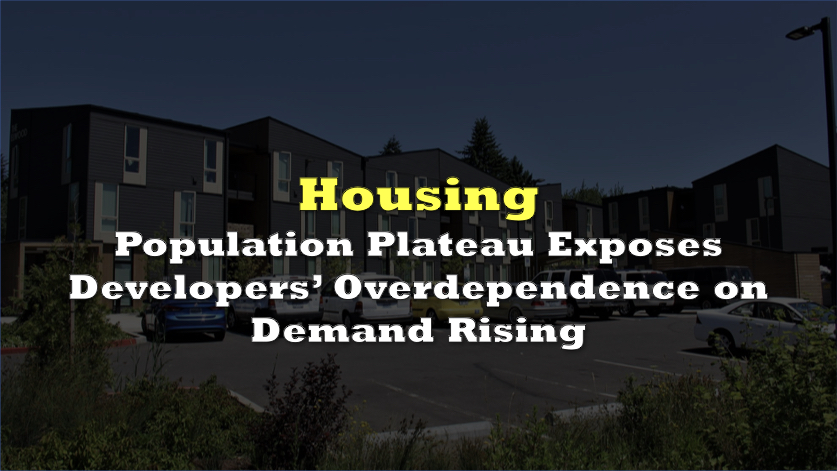



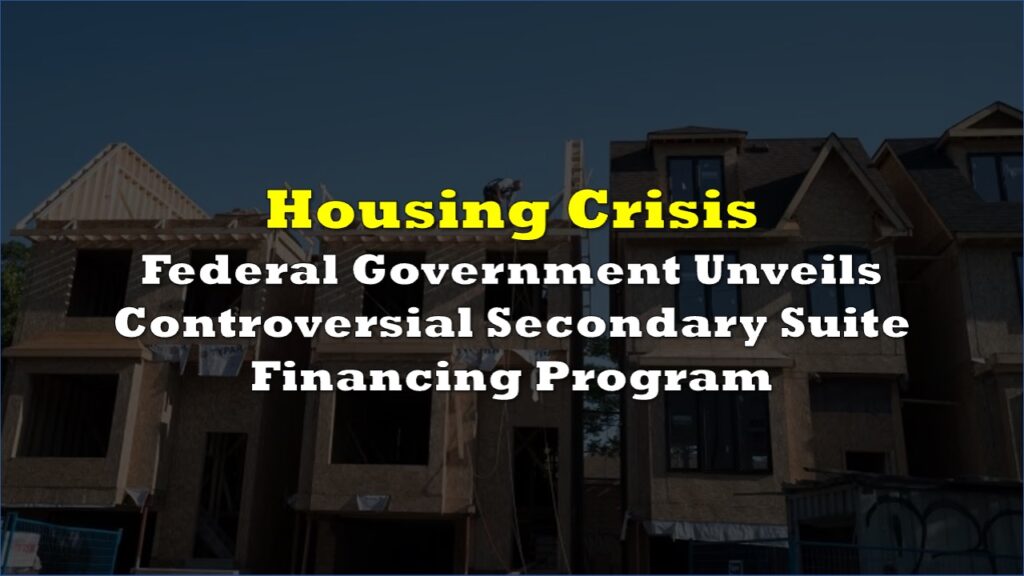
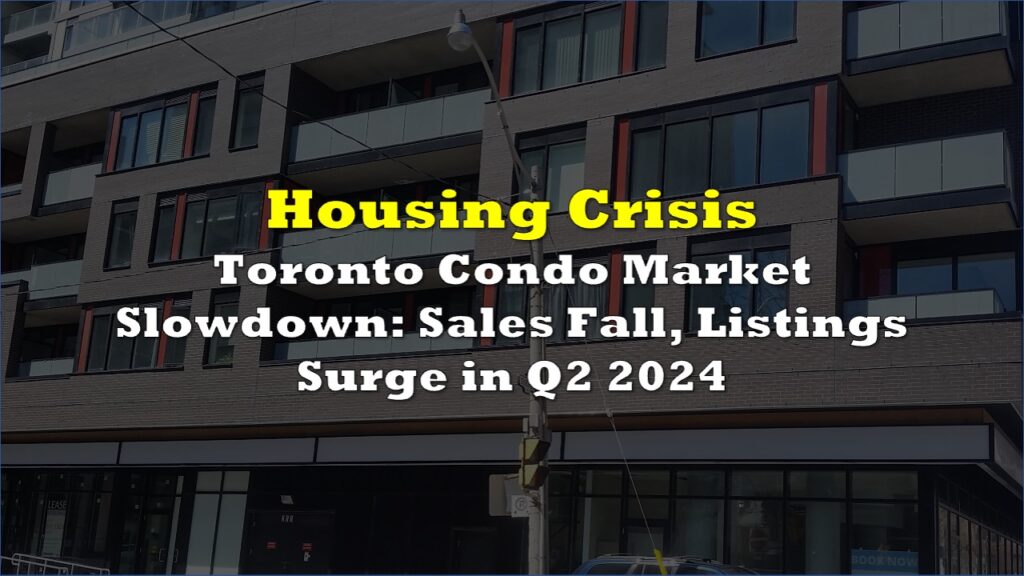
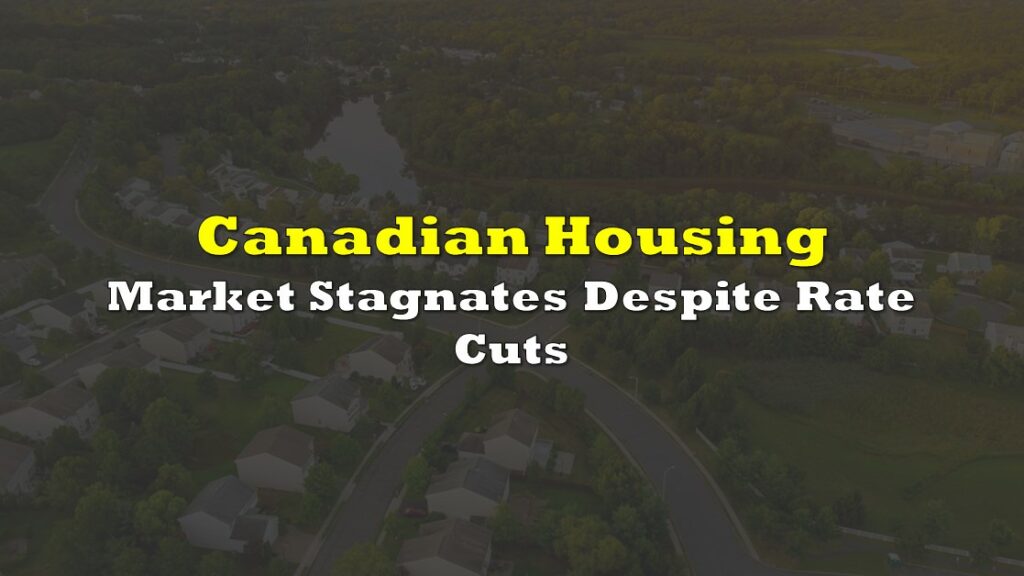
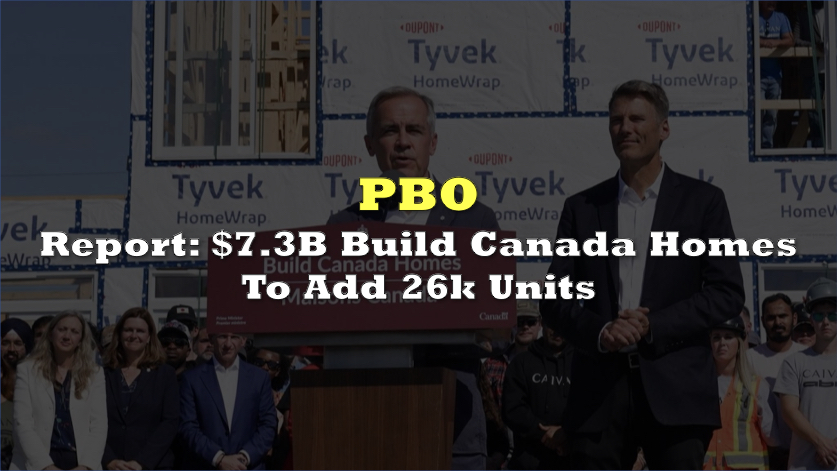

2 Responses
I wish nothing bad for the companies and their employees, but honestly, finally! Thank goodness. The irresponsible immigration of the Trudeau Liberals have made housing unaffordable, destroyed beautiful neighbourhoods in these cities, and overloaded all af Canada’s infrastructure, particularly healthcare. Jobs contributing to this destruction are jobs that meed to be lost.
Irony.